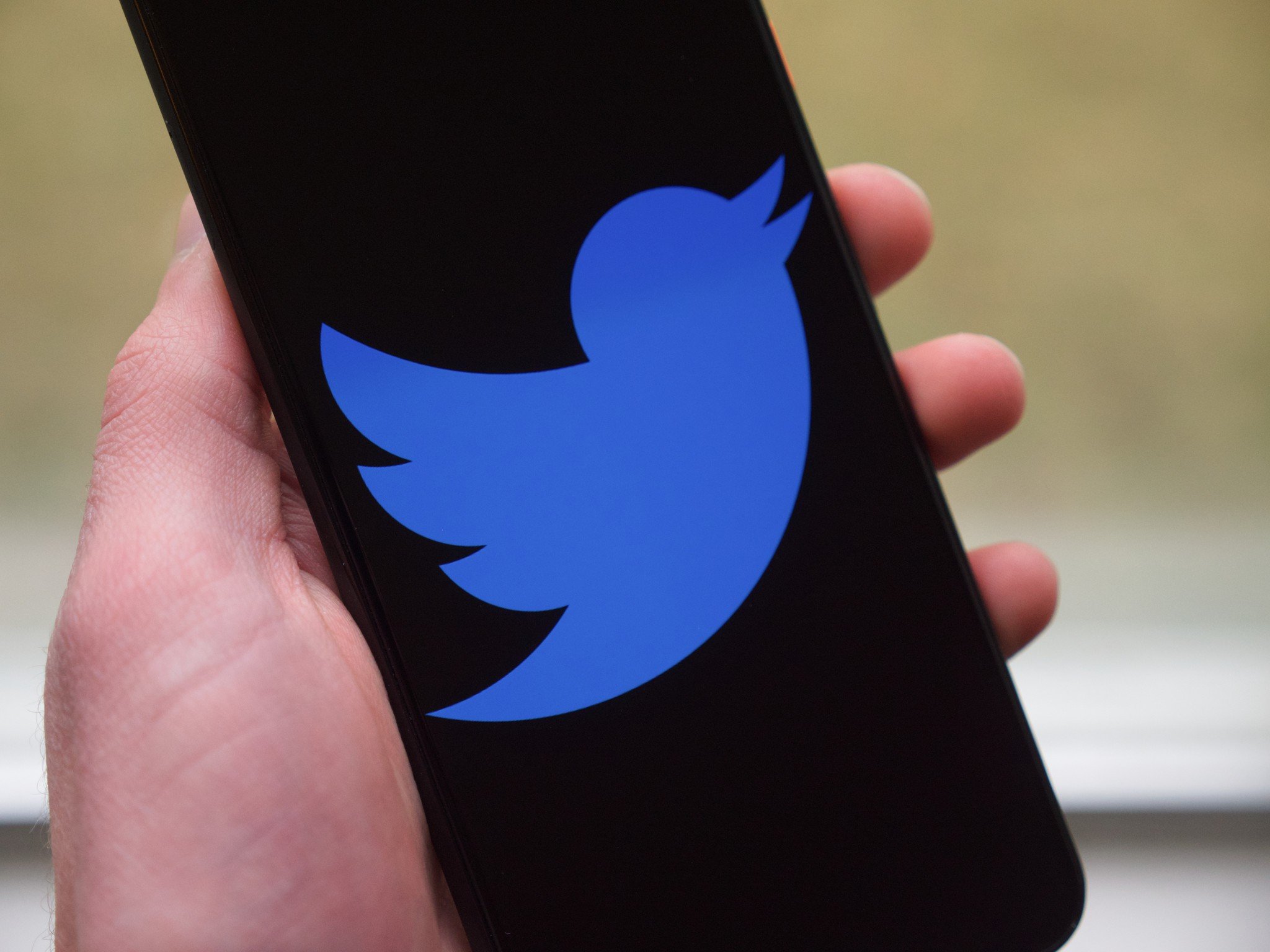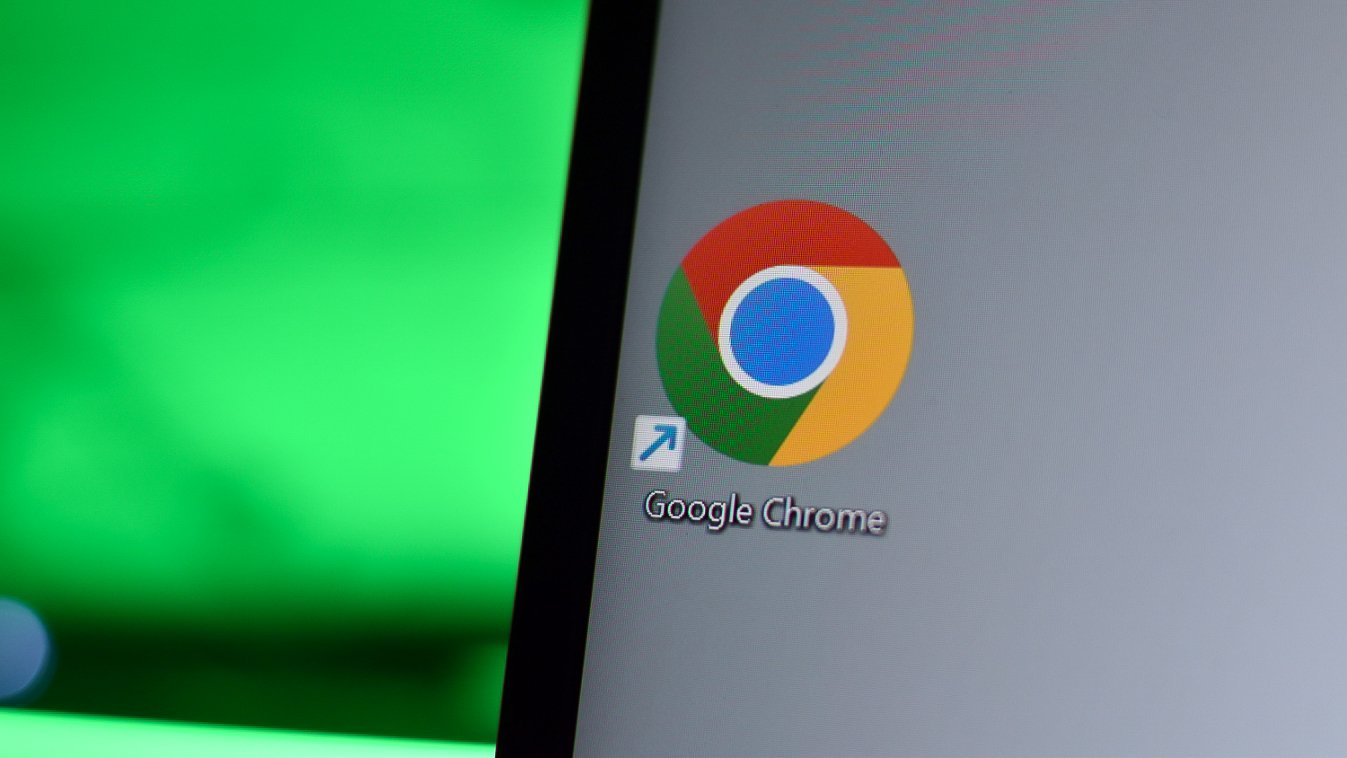Twitter says you can't post media of someone without their consent

Get the latest news from Android Central, your trusted companion in the world of Android
You are now subscribed
Your newsletter sign-up was successful
What you need to know
- Twitter publishes an updated information policy to cover media.
- The policy prohibits the sharing of photos or video without a private individual's consent.
- Twitter says that it will take context into account when making decisions on content.
- The move comes just a day after Twitter's former CEO stepped down.
Twitter has announced an update to its private information policy that now includes photos and video. The policy now prohibits sharing "media of private individuals without the permission of the person(s) depicted."
That means that users are now able to report media that depicts them without their consent.
The new rule extends Twitter's policy that prohibits posting private information of individuals like phone numbers and addresses but takes things a step further. The company says that the new rule further protects users from potential harassment and abuse and help make the platform a safer place for individuals.
In the blog post, Twitter says that the user being depicted or an authorized representative must report said media for it to be taken down. "When we are notified by individuals depicted, or by an authorized representative, that they did not consent to having their private image or video shared, we will remove it."
Twitter assures that it will assess the context of the media that was reported to determine whether or not it violates the rule. This means there is some potential grey area when deciding to remove content, which may be when it pertains to subjects of public discourse or even satire such as memes. However, it does introduce some uncertainties over the enforcement of the policy.
To this effect, Twitter says that it will consider whether the media "adds value to the public discourse, is being shared in public interest, or is relevant to the community."
We recognize that there are instances where account holders may share images or videos of private individuals in an effort to help someone involved in a crisis situation, such as in the aftermath of a violent event, or as part of a newsworthy event due to public interest value, and this might outweigh the safety risks to a person.
Users may also have the option to appeal if their media is initially found to violate the rule, although we've reached out to Twitter for some clarification on this.
Get the latest news from Android Central, your trusted companion in the world of Android
A Twitter spokesperson told The Verge in a statement that the general rule for media is that "if this is available and easily accessible off of Twitter, we're not going to take action on it on Twitter."
The policy update comes just after former Twitter CEO Jack Dorsey announced that he has stepped down.

Derrek is the managing editor of Android Central, helping to guide the site's editorial content and direction to reach and resonate with readers, old and new, who are just as passionate about tech as we are. He's been obsessed with mobile technology since he was 12, when he discovered the Nokia N90, and his love of flip phones and new form factors continues to this day. As a fitness enthusiast, he has always been curious about the intersection of tech and fitness. When he's not working, he's probably working out.
